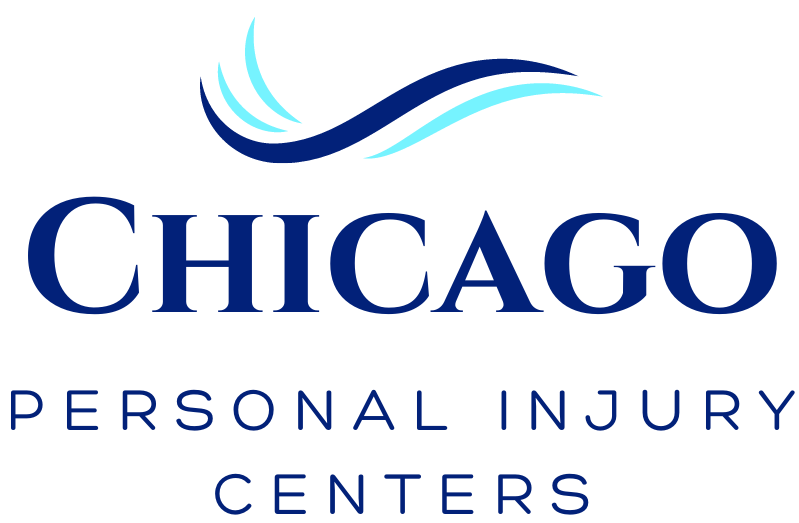At Chicago Personal Injury Centers, we understand the critical role that non-invasive treatments play in managing and alleviating pain. Among these, massage therapy stands out as a highly effective method supported by scientific evidence.
In this blog, we delve into the proven benefits of massage therapy in reducing pain, exploring how it can be a key component of a comprehensive pain management strategy. Whether you’re recovering from an injury or dealing with chronic pain, learn how massage therapy can help soothe your symptoms, enhance your recovery, and improve your overall quality of life.
A wide range of diseases and conditions can cause pain. Pain, especially chronic pain, may feel sharp, aching, burning, and dull. Chronic pain can affect almost every aspect of your life. How? You may suffer from lost mobility, trouble sleeping, poor mental health, tighter muscles, and even higher stress levels.
Chronic pain is one of the most common reasons people seek medical care. Moderate to severe pain is often treated with pain medications. However, pain medications, such as opioids, can be highly addictive and can cause drowsiness, sedation, nausea, vomiting, or sleepiness.
If you suffer from chronic pain, you do not have to use pain medications. Instead, you can use massage therapy to deal with your chronic pain. Massage therapy can help reduce your chronic pain by reducing your stress, relaxing your muscles, and improving your overall health. In addition, massage therapy does not have side effects.
Struggling with chronic pain in Chicago? You can book an appointment with Chicago Personal Injury Centers. Our experienced and highly trained massage therapists will design a treatment plan according to your needs.
How Massage Therapy Effectively Reduce Pain?
Massage therapy reduces pain through loosening muscles and soft tissues, nerve stimulation, the release of endorphins, reducing cortisol, increasing serotonin, and the facilitation of restorative sleep. Also, massage therapy can reduce chronic pain by reducing inflammation, improving blood, and reducing constricting blood vessels.
Here’s how massage therapy can help reduce pain:
Reducing Inflammation
Inflammation can cause noticeable symptoms, such as swelling and pain. Massage therapy can help reduce inflammation. How? It reduces the production of inflammatory cytokines.
In fact, your massage therapist can use massage therapy to address the underlying cause of inflammation and promote your body’s natural healing properties.
Therefore, massage therapy can help reduce blood pressure, reduce swelling and pain, and promote improved drainage of fluid from tissues. All these contribute to reducing inflammation.
Relieving Stiff Muscles
Stiff muscles may be due to several factors, including poor posture, overuse, or injury. You may, therefore, experience stiff muscles after periods of inactivity or intense exercise.
Remember, stiff muscles may be accompanied by pain and discomfort. Your massage therapist will relieve your stiff muscles by applying pressure on the soft tissues of your body.
Deep tissue massage, for example, can be used to relieve stiff muscles. When stiffness is relieved, your muscles will relax. Relieving still muscles through massage can, therefore, help reduce pain.
Reducing Stress
Do you know stress can increase your pain? How? Stress can cause your muscles to spasm or tense. In fact, if you are feeling stressed, your cortisol levels rise.
Thankfully, massage therapy can help reduce your stress. A massage can promote relaxation, lower your heart rate, relax your muscles, and release endorphins.
Massage therapists often use massage techniques, such as deep strokes, to decrease the stress hormone cortisol. Deep strokes can reduce muscle tension and stress to reduce pain.
Boosting Your Mood
Your body produces endorphins to block pain or stress. Endorphins are natural pain relievers and feel good hormones. Endorphins can, therefore, boost your mood, ease symptoms of depression, and improve your self-confidence.
According to studies, massage therapy stimulates the release of endorphins. Remember, your body produces endorphins to relieve pain, improve your mood, and reduce your stress.
The release of endorphins during massage can make you feel good and diminish pain. Also, massage can reduce your body’s production of stress hormones. Lower stress levels can boost your mood.
Promoting Sleep
Sleep is important to people with chronic pain. According to several studies, sleep deprivation is linked to greater pain. Sleep deprivation can heighten sensitivity to pain.
Sleep deprivation can, therefore, impair your brain’s natural mechanism for relieving pain. So, if you do not get enough sleep at night, you may feel more pain sensitive.
Fortunately, a growing body of research indicates that massage therapy encourages the release of serotonin. Serotonin will help you fall asleep and stay asleep. And a good night’s rest can improve your mood and decrease your chronic pain. You will feel more energized and active.
Why Massage Therapy for Pain is Important?
Massage therapy for pain is effective in reducing pain. Healthcare professionals can reduce chronic pain through massage. Message therapy reduces pain by increasing blood flow, reducing muscle tension, stimulating the release of endorphins, and decreasing stress hormones.
Relieve Chronic Pain with Massage Therapy in Chicago
Chronic pain can last months or years and interfere with your daily activities. It can impede your ability to work and participate in social activities. And it can even lead to stress, depression, and trouble sleeping. Treatment for chronic pain can include medications, lifestyle changes, and massage therapies.
So, if you are tired of chronic pain interfering with your life, Chicago Personal Injury Centers can help. We provide offer a wide range of massage therapy options to relieve your chronic pain. Our massage therapists will work with you to develop a treatment plan to reduce your pain. We are committed to helping our clients reach their wellness goals.
Want to learn more about our massage therapy services? Or are you ready to book an appointment? Contact Chicago Personal Injury Centers today.

